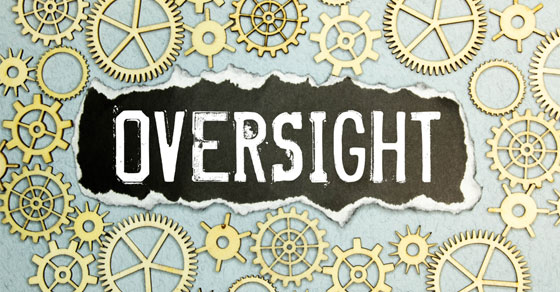
External auditors have primary responsibility for audit quality. However, the audit committee plays an important oversight role in the financial reporting process. Here are some best practices to consider when evaluating the composition of your company’s audit committee.
Understanding the audit committee’s purpose
Audit committees act as gatekeepers over financial reporting. This means overseeing the accounting and financial reporting processes.
The audit committee pays close attention to how a company manages risk and ensures compliance with relevant laws and regulations. The committee also evaluates whether the company’s control environment — including its internal and external audit processes — is effective.
In general, audit committees oversee external auditors. In turn, external auditors form an opinion about whether a company’s financial statements 1) comply with relevant accounting standards and 2) fairly present the entity’s financial position, financial performance and cash flows.
When choosing an external auditor, the committee should focus on audit quality, not just lower fees. Furthermore, audit committees should have open, timely and meaningful communication with auditors about risks, issues and other matters so they can help each other perform their respective roles.
Assembling your organization’s audit committee
Companies and directors should carefully choose who serves on their audit committees, selecting those who have the time, commitment and experience to do the job well. Ideally, audit committee members should be independent with respect to financial and business interests with the company. So, most organizations put only nonexecutive directors on their committees.
In addition, at least one audit committee member, preferably the chair, should have in-depth knowledge of financial reporting and auditing. As a whole, audit committee members need to have an appropriate understanding of financial reporting and auditing, and knowledge of the industry in which the company operates.
However, possessing financial literacy may not be enough to understand the financial reporting requirements fully or to challenge senior management on complex, major decisions. It’s important for your audit committee to engage in ongoing education to stay atop trends and risks the company is currently facing.
We can help
Audits and financial reporting are generally enhanced by strong, independent audit committees. Contact us for more information about the committee’s role in the financial reporting process. We can help evaluate the composition of your company’s audit committee and suggest ways to bridge any gaps in knowledge or experience. Or, if your organization doesn’t yet have an audit committee, we can provide guidance on selecting qualified members.
© 2024




